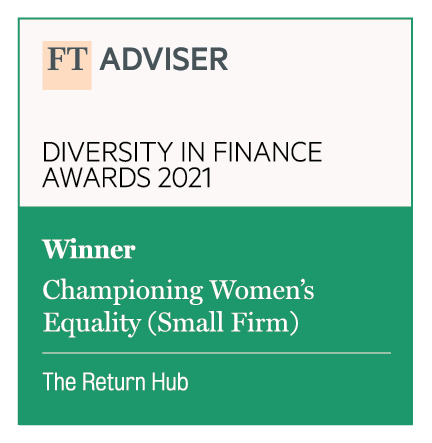Are You Board Ready?
Many professionals are interested in becoming a non-executive director, but are unsure when to take that step. Whilst you do need to ensure you have some key skills and experience covered, you are more ready than you think!
Women on Boards have successfully supported thousands of women at all career stages into non-executive roles over more than a decade. Here they share how to know if you’re ready to join a board….
Many consider a non-executive position to be something you take on after a successful career. We disagree!
Increasingly, modern leaders combine executive and non-executive roles throughout their careers. Whilst the roles are different, one complements the other in terms of professional development, ‘soft’ skills and networking. For many, a board role in a sporting, arts or community organisation is a way to pursue a passion or ‘give back’ to a cause they care about.
But how and when can you start? No-one is born ‘board ready’ and everyone has to start somewhere. Building your non-executive experience can only be done through joining a board, so ‘now’ is always a good time to begin your board career.
There are a few essential steps to check before you begin searching for that first board role:
- Be clear on your motivations for being a board member. This is key to identifying which type of board you wish to join and in putting yourself forward as a candidate. You also need persistence and dedication to build a successful board career, so being clear on why you are doing it will keep you going. To better understand the benefits of a board role, take a look at our ‘Seven Reasons being a Director is good for your career’.
- Know your company’s policy about employees taking board roles and what the approval process is. It’s essential your conditions of employment allow you to take on external non-executive roles, and there will normally be some restrictions (e.g. joining competitors’ or suppliers’ boards). Leading firms actively encourage their staff to take a non-conflicting board role as a strategic skills and network development opportunity. Many work directly with Women on Boards as Corporate Partners to facilitate this.
- Understand what a board does and what is involved. All boards work differently but they all fulfil the same function. There are many guides to governance available, some key ones are collected in our Resource Centre’s Reference Materials. For a more in-depth look at what’s involved our Contemporary NED Masterclass or Understanding Charity Board Papers will get you up to speed – browse our Events Calendar for upcoming sessions.
- Be clear on the liabilities involved and understand Directors’ insurance. Directors’ liabilities can vary between sectors and organisational structure. Insurance can mitigate any financial liability, but there is always a reputational risk in joining a board. When you are interviewing for a board role it’s important to check what insurance the organisation has in place. You should also consider carefully whether you have confidence in the financial management and the efficacy of the executive team.
- Ensure you are financially literate for the boardroom. Boards look to recruit non-executives with a wide range of professional expertise, but all board members need to be able to engage with the finances. Don’t be daunted if you are not an accountant – this is not as hard as you may think. Many find their experience of budget management as an executive transfers well to the boardroom. Our Financial Literacy for the Boardroom online course, with PwC, can help fill any gaps.
- Know which type of board would value your skills – and pinpoint what you bring. Our Vacancy Board is a good way to review the range of roles available and see what those of interest are looking for. Do remember that finding a match between skills, location and your interests can take time. Many start their boardroom journeys in the charity sector, where the roles are less competitive and unpaid. The charity sector is generally very good at valuing and supporting the development of its volunteers, including its trustees (board members). There are also lots of smaller charities, whose operations may be less complex for novice board members to get to grips with (though not always!) There is often a ‘experience trap’ for the more competitive and remunerated roles..
- Understand how to put yourself forward as a candidate. Board recruitment practices vary between organisations and sectors. Whilst open advertisement is increasingly considered best practice, many board still recruit informally via their networks.
- Finally, Start to think like a director.
There is an old saying – ‘if you waddle like a duck, swim like a duck and act like a duck….then you are a duck.’ To become a successful director you need not only to fit the part, but look and act the part.
Remember, a board member sits above an organisation and does not work in it, so your language and positioning needs to reflect a more elevated role where wisdom and judgement are more valued than organisational capacity to get the job done.


